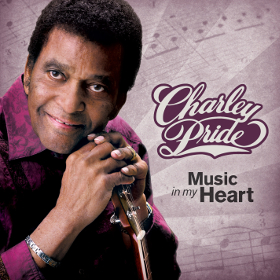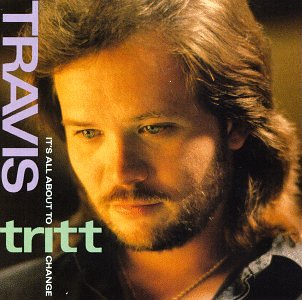Rating: 6/10
Sara Evans–yet another name to be added to the list of artists who produced a string of quality music, both traditional and more pop-leaning, and then unceremoniously got spit out by the Nashville machine when they perceived that her usefulness to them had expired. Music Row has just as big a problem with casting its older artists aside as it does with fostering its female talent, so since Sara’s got both strikes against her, it’s no surprise that this release is an independent one. But she spent nearly twenty hears on a major label, so she had a great run, and often label independence can bring an artist like this freedom to make the kind of music they want to make and be a positive step creatively.
But it’s clear from listening to “Marquee sign,” one of the pre-released tracks from Sara’s upcoming album Words, due out Friday, (7/21), that Evans has absolutely no idea what to do with her newfound independence.
It’s not that this offering is a bad song; in fact, under the production and process, it’s a pretty good one. Lyrically, it’s got some nice metaphors, and although the idea of wishing there had been a sign to let you know an ex was going to be trouble is a little simplistic, there’s some good imagery in the verses that carries the idea in a more subtle way. Lines like “I wish you were a pack of cigarettes ’cause you would have come with a warning before I let you steal my breath” display a more imaginative way of conveying the same ideas. It’s certainly a relatable theme, and Sara Evans gives a technically great vocal performance as always.
But it’s the way that that technically great performance is robbed of the emotion by the overproduction, rendering her almost lifeless in places and too happy for the song’s material in others, that ultimately makes this song an uneven listen. The chorus particularly emphasizes that lifeless quality–it’s catchy, sure, but you don’t connect with anything she is supposedly feeling here at all. You have cheerful echoes of “lit up like a marquee sign” in the background after the last chorus belying the premise that this is actually a heartbreak song. Sara Evans has always done some more pop-leaning stuff, and done it in a good way, so it’s not the style itself here that doesn’t work, it’s the overproduction and the way it can’t really settle on a specific style. It leans sometimes toward pop country, other moments to pop rock, and then there are times it goes almost bluesy, like in the outro. It just seems very unsure of itself, and that probably speaks to Sara Evans’ current state of mind.
There’s a good song underneath, and this reminds me painfully of the first song by a promising new artist who hasn’t quite developed their sound. You see promise and potential, but the problems are also front and center. But you root for the artist because they’re still developing, and you know that time can iron out the rough spots and make them shine, if only they don’t succumb to the pressures of the spotlight and the whims of a label. The problem with Sara Evans is that she’s already been on that label for nearly twenty years, and now she’s left alone to try to find her own sound. Some artists find independence a blessing and embrace the creative freedom they’ve always wanted, but others struggle to adapt, and it would seem, at least from this song, that Sara Evans is in the latter category. But just like a new artist with a debut album, we can’t judge too much off one single, so we wait for Words and hope it will see Sara Evans taking more of a definite direction with her music.
Written by: Sara Evans, Jimmy Robbins, Heather Morgan


